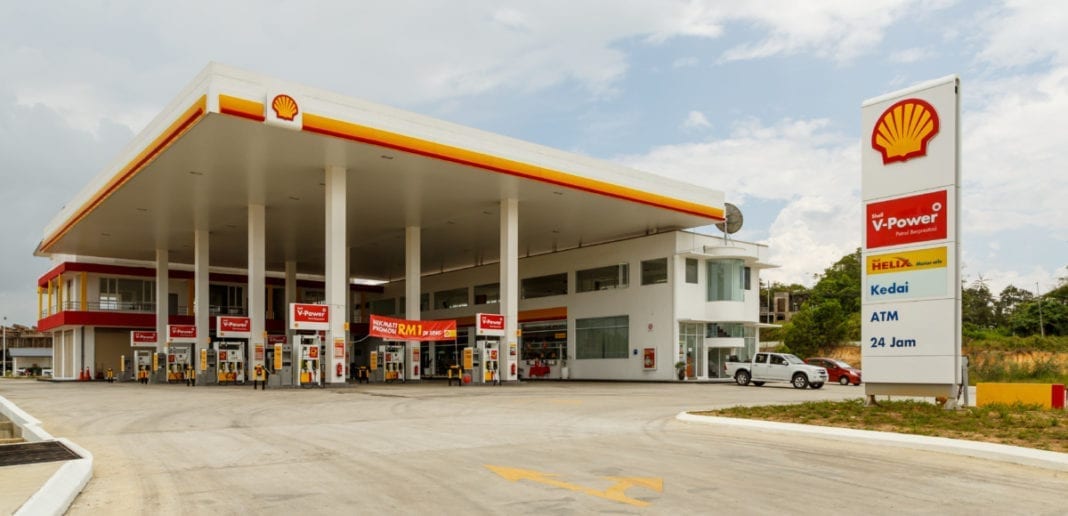“Is the Netherlands a tax haven for multinational companies?” That was a question on everyone’s minds when it was first revealed in May that Shell was well within its rights by not paying corporate income tax. However, the government will be overhauling the tax payment schemes for such companies from 2021 onwards.
How did companies like Shell benefit from the tax system in the Netherlands?
According to reports, Shell did not pay any tax on their profits between 2016 and 2018. The official laws in the Netherlands gives multinationals access to “fiscal options”. They allowed for multinationals to make use of tax laws where they could declare foreign losses, like liquidation and termination of activities, as deductibles on their corporate income tax in the Netherlands.
Why would a country allow for such a law to be set in place? They were devised within the context of creating more jobs and investment within the country’s economy. These rules were set in place to attract more multinationals into the country, and give them enough incentive to stay here.
The Netherlands also serves as a valid alternative to other “tax havens” as it has low corruption, an exhaustive network of tax treaties, and minimal taxes on money passing through Dutch subsidiaries, which makes it easy for multinationals like Shell to operate internationally from the country.

According to NOS, with these changes, the treasury will see “several hundred million euros”. Up until now, they have not been paying any tax on the 1 billion euros profit they make each year. With the proposed new changes, they would have to pay around 250 million euros in tax.
Changes to the corporate income tax
Apart from not allowing multinationals from declaring foreign losses as deductibles, the corporate income tax will also be lowered from next year. However, the rate will depend on how much profit a company makes. According to sources who have informed NOS, companies having a profit of less than 200,000 euros will have a lowered rate. They are currently paying at a rate of 19%, which will be lowered to 16.5% next year, and subsequently 15% in 2021.
But for companies which make more in profit will not enjoy the same. They currently pay a rate of 25%, which will stay the same for next year. However, in 2021, this will be lowered to 21.7%.
Do you think these changes to the Dutch tax system will stop it being a tax haven for multinational companies like Shell? Let us know what you think in the comments below!



